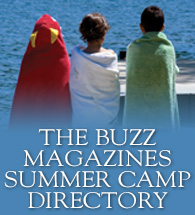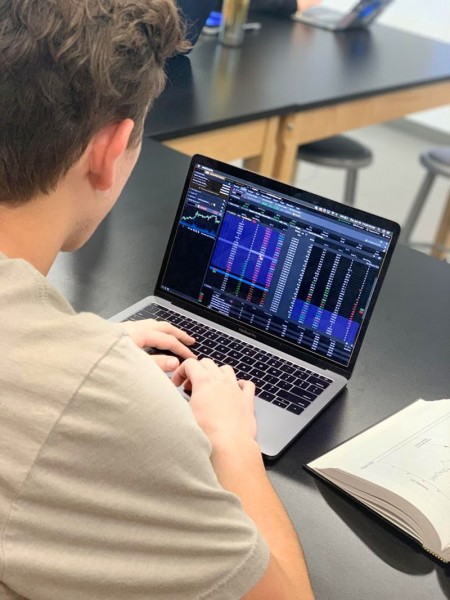Why Teaching Personal Finance to High Schoolers Makes 'Cents'

How can high school students be released into the real world without an understanding of budgeting or a roadmap towards financial independence? As a part of the Post Oak School’s J-Term course intensives, students are given the opportunity to partake in a two-week course teaching personal finance. While it initially appears less thrilling than traveling to Jamaica or Spain, students gain key lessons and life skills.
Together with 12 other like-minded students, I chose to participate in this academically “rich” J-Term. Prior to the course, each student prepared a presentation for the class on a topic involving finance. This assignment allowed the course instructor, Dr. Janet Ott, to rest her speaking muscles while also employing the Montessori way of teaching: students learning by teaching other students.
Throughout the course, we read two novels: Your Money or Your Life by Vicki Robin and Why Didn’t They Teach Me This in School? by Cary Siegel. Your Money or Your Life shared 99 lessons to help save money and make smart monetary decisions. This concise novel paired nicely with Why Didn’t They Teach Me This in School?, a heavier step-by-step guide to financial independence and early retirement. The readings were reinforced by seminars, allowing us the chance to ask questions and further delve into topics of interest. Students also remained visually stimulated by watching related movies. Trading Places featured bank scandals while The Ultimate Gift highlighted the role of inheritance with a message that life is more than money. We also watched Enron and The Big Short, documentaries which I personally believed produced high levels of melatonin.
We also created a “Game of Life” template on Google Sheets. This activity revealed the real cost of living, starting with college and ending with retirement. Each student chose a college and a major to serve as a “potential scenario.” We inputted college expenses (tuition, supplies, housing costs) and life expenses (food, entertainment, investments) into the sheet and programmed the cells to add savings and subtract expenses. At the end of this activity, I became significantly more aware of the cost of reality and of how my life could potentially look through a financial lens.
In addition, we competed through the Investopedia Stock Simulator and learned about investing in the stock market. For beginners, like myself, thousands of dollars were initially lost due not knowing how to choose stocks or how stocks even work. However, after the two-week period, we were on track to be millionaires by learning investment strategies such as technical and fundamental analysis. We were able to make ourselves an impressive amount of money.
Throughout the course, two professional speakers came to discuss their work. Champ D. Warren III, the Private Wealth Advisor at Merrill Lynch, demonstrated through various graphs how to determine whether or not the U.S. is heading into a recession. After analyzing customer confidence, company confidence, and other data showing what past recessions have looked like, he concluded that we should be “good” for another 6-12 months. Post Oak parent, Alan Ying, shared his journey to becoming an entrepreneur. He talked us through his college and early life experiences and ended with where he is today – the founder of Original Nations, a platform enabling individuals to create and launch their own products. He stressed the importance of a positive mindset and perseverance.
While this J - Term opportunity might not seem as adventurous as international travel; it provides valuable lessons that we will use for the rest of our lives. Personal finance is a subject that should be taught to all young adults before they are released into the real world. Without ever being taught how to manage money, young adults don’t know how to stay out of debt nor make educated financial choices, thus preventing them from living life to their fullest. By taking this course, students have a better idea of the cost of reality and how to stride towards financial independence.
Want more buzz like this? Sign up for our Morning Buzz emails.
To leave a comment, please log in or create an account with The Buzz Magazines, Disqus, Facebook, or Twitter. Or you may post as a guest.



